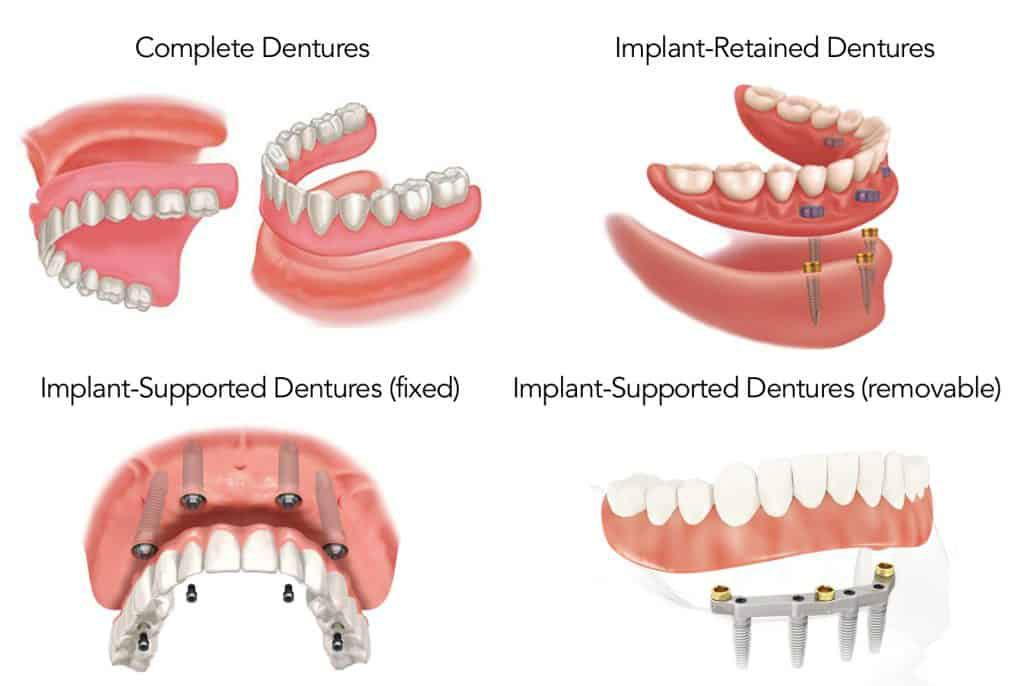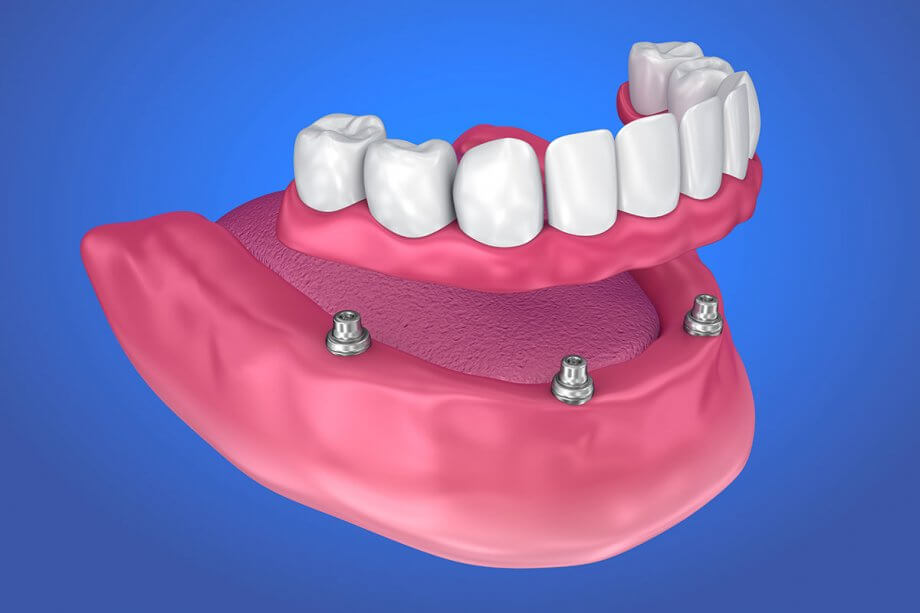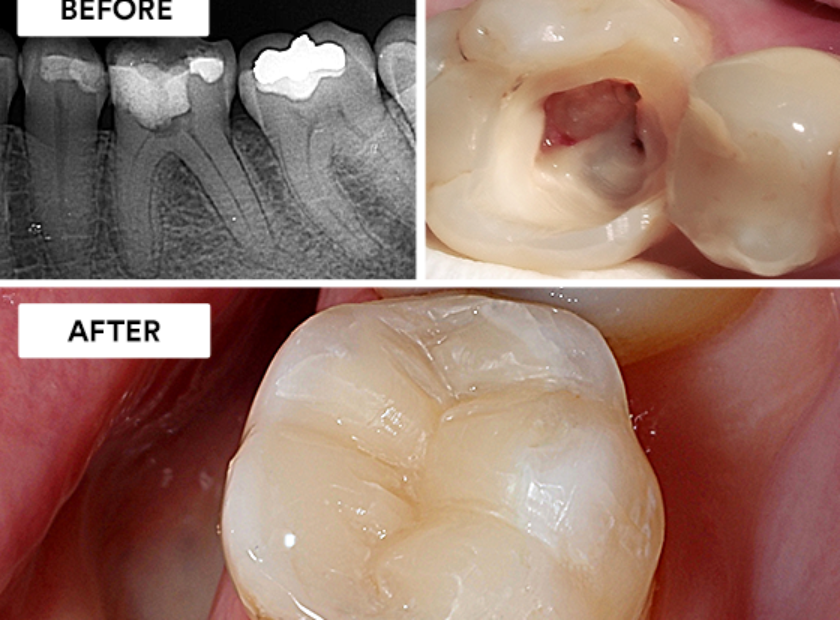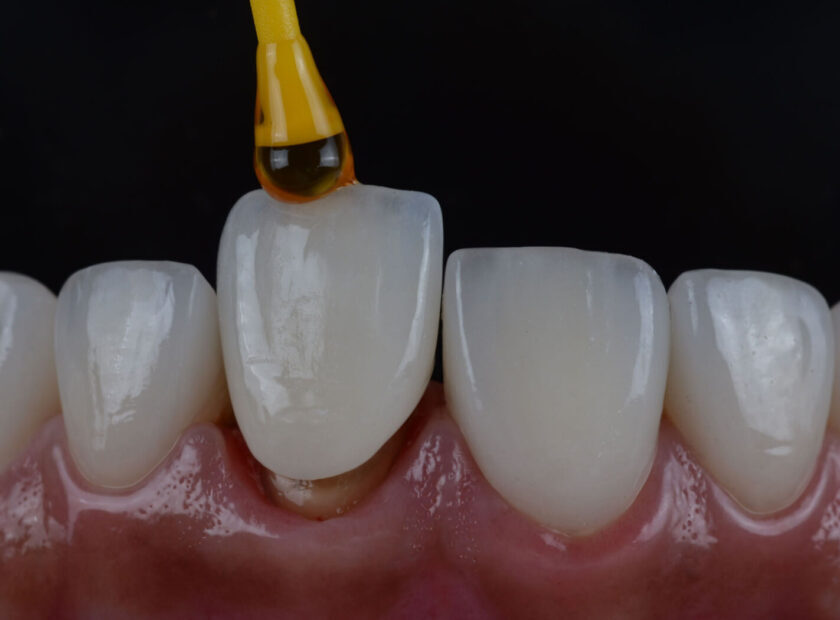Dental implants dentures

Are you considering options to replace missing teeth? Dental implants and dentures are two popular choices that can restore your smile and improve your oral health. Dental Implant in Woodbridge, they provide great service. Both options have their own advantages and drawbacks, so it’s important to understand the key differences before making a decision.

Credit: www.pearlfectiondentistry.com
Understanding Dental Implants
Dental implants are artificial tooth roots that are surgically placed into the jawbone. They provide a strong foundation for fixed or removable replacement teeth. The implant fuses with the natural bone, providing stable support for artificial teeth, preventing bone loss and maintaining the structure of your jaw.
| Pros | Cons |
|---|---|
| High success rate | Costly initial investment |
| Natural look and feel | Requires surgery |
| Durable and long-lasting | Healing time |
Exploring Dentures
Dentures, on the other hand, are removable appliances that replace missing teeth and surrounding tissues. They are typically made of acrylic resin and sometimes metal attachments. Dentures can be complete (full) or partial, depending on the number of missing teeth.
| Pros | Cons |
|---|---|
| Non-invasive procedure | May require adjustments |
| More affordable | Not as stable as implants |
| Quicker process | Potential for discomfort |

Credit: www.smiledentalcenterct.com
Which Option Is Right for You?
When choosing between dental implants and dentures, several factors come into play. Your oral health, bone density, and personal preferences will influence the decision. Dental implants are a popular choice for their natural look and feel, while dentures offer a more affordable and quicker solution.
Cost Considerations
While dental implants may have a higher initial cost, they are considered a long-term investment due to their durability and low maintenance. Dentures, on the other hand, come with a lower upfront cost but may require more frequent adjustments and replacements over time, potentially leading to higher long-term expenses.
Comfort And Functionality
Dental implants provide stability and comfort akin to natural teeth, allowing for better chewing and speaking abilities. Dentures may take some time to adjust to and may affect speech and eating until the wearer becomes accustomed to them.
Oral Health Benefits
One significant advantage of dental implants is their ability to preserve bone structure. When a tooth is lost, the surrounding bone can deteriorate over time. Dental implants help maintain the integrity of the jawbone, whereas dentures do not stimulate the bone in the same way and may accelerate bone loss.
Final Thoughts
Both dental implants and dentures offer valuable solutions for replacing missing teeth. Your decision should be based on your specific needs, budget, and long-term oral health goals. Consulting with a dental professional is crucial to determine the best option for you. Whether you opt for the natural stability of dental implants or the convenience of dentures, taking steps to restore your smile will have long-lasting benefits for your oral and overall health.
Frequently Asked Questions On Dental Implants Dentures
What Are Dental Implants?
Dental implants are artificial tooth roots that are placed into the jawbone to support a dental prosthesis, such as a crown or denture.
How Long Do Dental Implants Last?
With proper care and maintenance, dental implants can last a lifetime, making them a durable long-term solution for missing teeth.
Are Dental Implants Painful?
Just like any surgical procedure, there may be some discomfort during and after the placement of dental implants. However, local anesthesia is used to minimize pain, and most patients report minimal discomfort during the recovery period.




